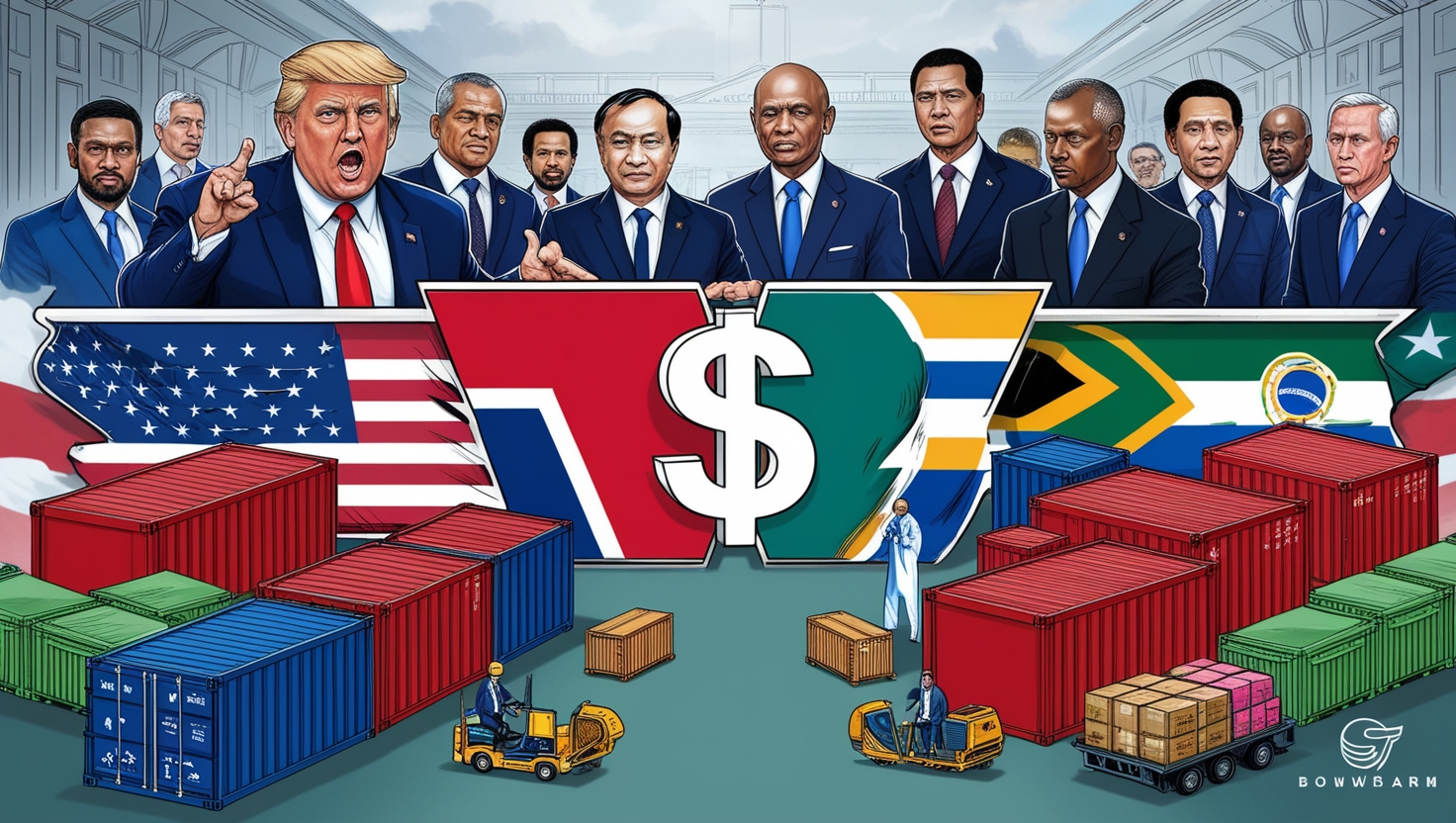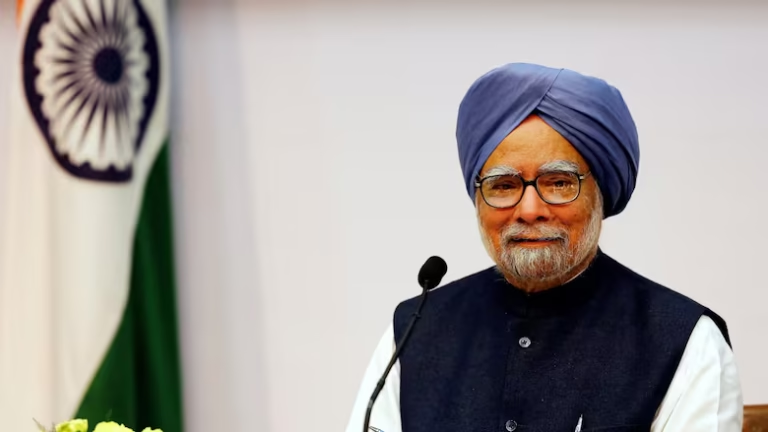
Credit: Leonardo.ai
Trump’s Bold Warning to BRICS: In a fiery statement, President-elect Donald Trump has sparked off global trade tensions in his stern warning to the BRICS nations: Brazil, Russia, India, China, and South Africa, and their new partners, including Iran, Egypt, Ethiopia, and the UAE, against trying to substitute an alternative global trade currency for the U.S. dollar, threatening a blanket 100% tariff on all goods. The move has stirred debates across international markets and geopolitical spheres, signaling how struggles for dominance in global financial systems remain unending.
The idea that the BRICS Countries are trying to move away from the Dollar while we stand by and watch is OVER. We require a commitment from these Countries that they will neither create a new BRICS Currency, nor back any other Currency to replace the mighty U.S. Dollar or, they…
— Donald J. Trump (@realDonaldTrump) November 30, 2024
Context of Trump’s Warning
Trump, in his posts on Truth Social, shows how his administration would, at all costs, stand its ground to ensure that the supremacy of the U.S. dollar was preserved. “The idea that the BRICS Countries are trying to move away from the Dollar while we stand by and watch is OVER,” exclaimed Trump. He demanded that such countries provide formal commitments not to create a new BRICS currency and not to endorse any alternatives to the dollar, warning that severe economic consequences would be the consequence of not doing so.
The announcement comes after years of discussions within the BRICS bloc about attempting to move away from heavy dependence on the U.S. dollar. The concept gained significant traction in 2022 when Western sanctions on Russia brought into view weaknesses connected with dollar-centric trade. While there are still internal disagreements over what path to take for a common currency, even the potential has elicited pointed reactions out of Washington.
Economic and Geopolitical Implications
Trump’s 100% tariffs would hobble trade relations between the U.S. and BRICS countries, many of which are major exporters to the American market. Examples include:
- China: The largest exporter to the U.S., such high tariffs would surely disrupt supply chains and economic ties.
- India: A significant trade partner in areas like IT services and pharmaceuticals, there could be economic strain.
- Brazil and South Africa: heavily reliant on agricultural and mineral exports, would face sharp declines in trade revenues.
The tariffs would add to global market turmoil and could push inflation upward in the U.S.; reverberations would be felt across the economies dependent on BRICS exports.
Allies and Critics Respond
Trump’s allies are positioning this as a part of his strategic negotiation with Beijing. Senator Ted Cruz also took time to speak for the move as threats in the form of tariffs previously pulled those same countries into an urgent agreement. “You look at the threat of tariffs against Mexico and Canada — immediately it produced action,” Cruz said in an interview on CBS News Sunday.
Yet critics have raised apprehensions of more pervasive economic fallout: “Imposition of such heavy tariffs may exacerbate tension, and this may even escalate into a trade war with potential damage to American companies and consumers.” Besides, as one says, every threat to bludgeon BRICS is bound to backfire by fast-forwarding their initiative of an alternate currency and eventually pushing America out from international mainstream affairs.
Road to Future: Demise of Dollar Dominance?
The US dollar is long considered the world’s primary reserve currency, reflecting America’s economic pre-eminence and political clout. But the BRICS have increasingly looked at alternatives due to frustrations with dollar dependence and geopolitical disputes. Although differences over national interests have divided BRICS members internally, which delayed any common ambition toward a BRICS-wide currency, Trump’s bullying might inadvertently make them rally against a single foe.
Financial analysts, however, say that the U.S. must proceed with caution. Over-reliance on tariffs and punitive measures may lead to a loss of global confidence in the dollar, with even non-BRICS nations seeking diversified trade mechanisms.
Market Reactions
Global markets reacted quickly to the news announced by Trump. Emerging markets that were connected with the BRICS nations saw much volatility; the Chinese yuan and the Indian rupee displayed early signs of the effects. Meanwhile, the US dollar strengthened briefly as investors fled to safe-haven assets amid growing uncertainties.
The fact that Trump has bluntly warned the BRICS nations shows just how high the stakes are in this battle of economic influence. While his threats of 100% tariffs may be a deterrent for now, long-term implications on world trade and the U.S. dollar’s dominance are yet to be seen. The world is watching as the BRICS bloc deliberates on the next move with possible reshaping of international financial systems at stake.
Must read: Trudeau to Meet Donald Trump




